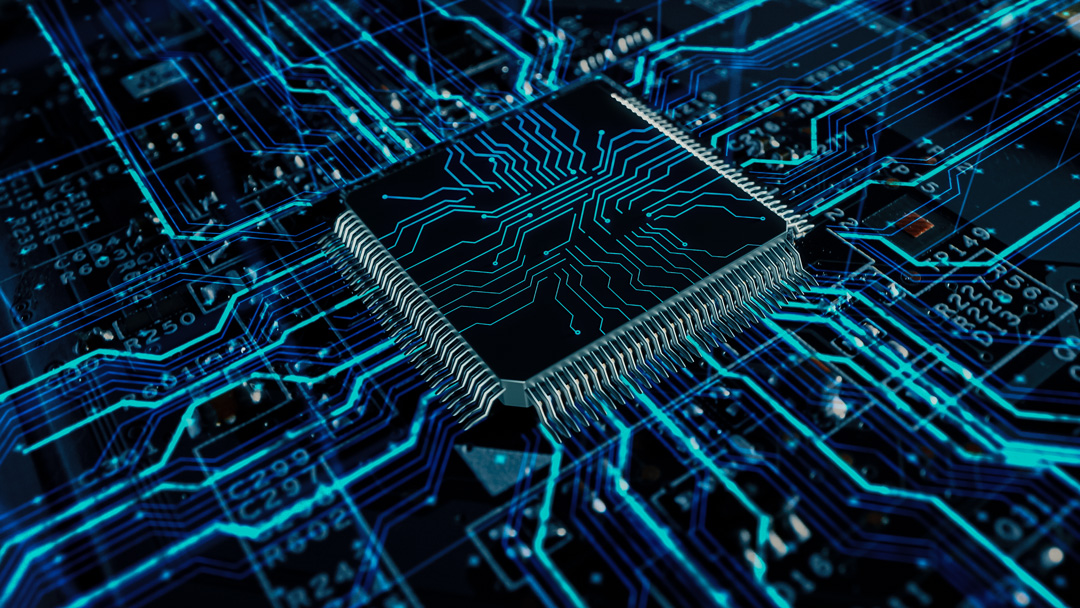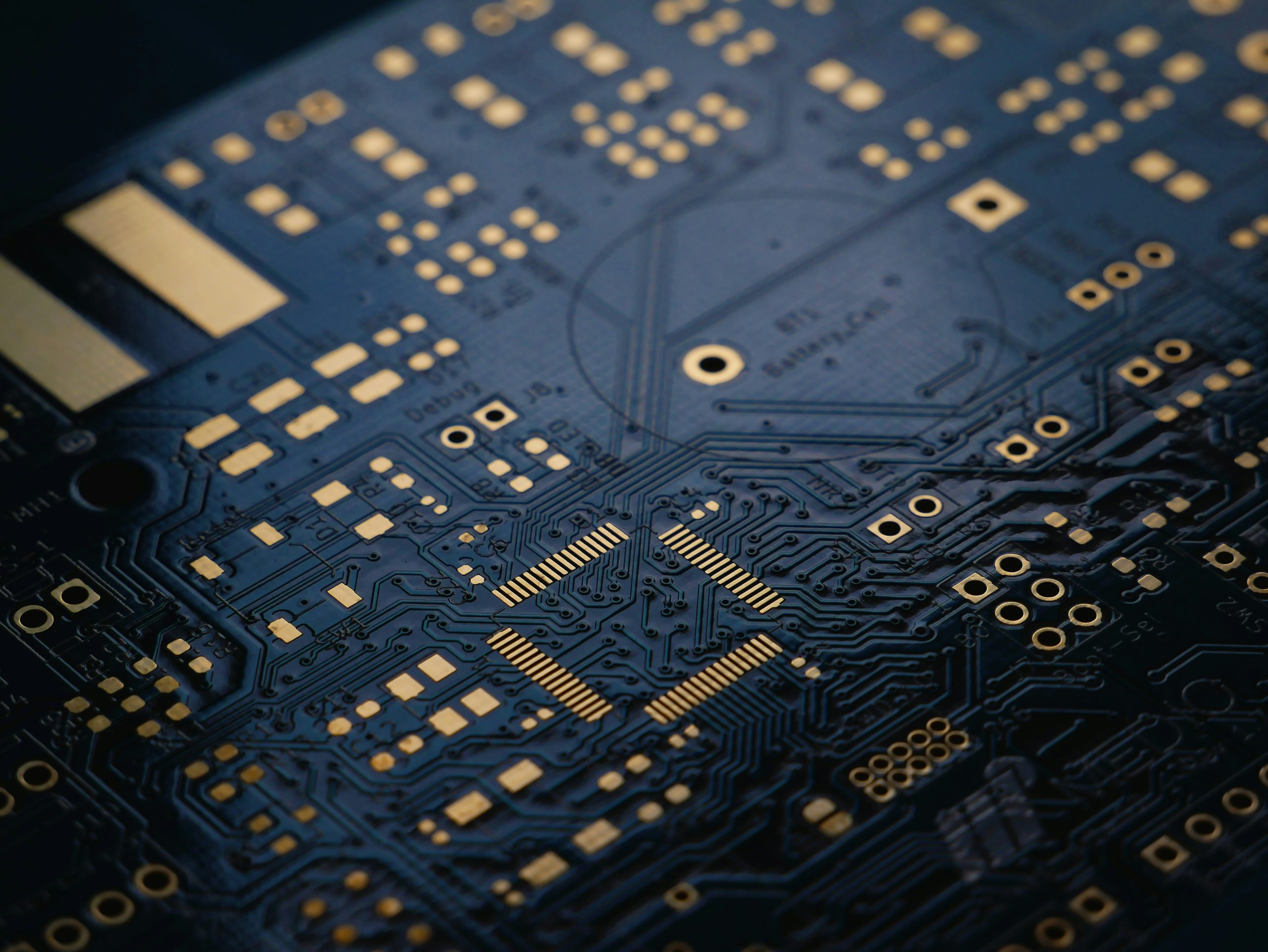
REPORTS
17/Jul/2024
Challenges in the semiconductor sector and industry in Spain
The new report from Mobile World Capital Barcelona examines the current state of the industry, identifies challenges and opportunities, and proposes strategies for strengthening the sector in Europe and Spain. Europe holds only 10% of the global semiconductor market share. Semiconductors are…
Read More

VIDEOS
17/Jul/2024
Discover the innovations of MWC at the ‘Recorda el futur’ exhibition at Palau Robert”
MWCapital, in collaboration with the Government of Catalonia, presents an exhibition at Palau Robert that proposes a journey through time from the past to the future of the region’s technology industry. The aim is to bring citizens closer to the technologies presented by the foundation at the last MWC Barcelona…
Read More

ARTICLES
20/Jun/2024
A Model of European Collaboration for a Better Future
Enrico Deluchi, Founder Atandia The Danish Industry Foundation, recognizing the urgent need for radical innovations and international collaboration to tackle global challenges such as carbon emissions reduction and supply chain transformations, embarked on a mission to turn these challenges into growth opportunities by launching a call for international alliances. DTU…
Read More

ARTICLES
12/Jun/2024
The Race for Talent in Emerging Technologies: Positioning Ourselves in the Quantum Revolution or Artificial Intelligence
Alberto Iglesias Fraga, journalist specialised in innovation and digital economy Reality sometimes imposes very clear and evident dissonances on us, but with more complex causes and even more difficult perspectives to understand. Let’s take the case of a country, say Spain, with 26 million unemployed people (117% of the active…
Read More

REPORTS
06/Jun/2024
Digital Talent Overview 2024
Check out the sixth edition of the annual report on digital talent promoted by Mobile World Capital Barcelona with the aim of discovering the impact and evolution of the digital talent gap, global trends and the analysis of different emerging technologies. Europe…
Read More

ARTICLES
14/May/2024
How Southern Europe can win in the AI era
Tim Smith, News editor at Sifted It’s no secret that the last year in tech has been dominated by a single theme: artificial intelligence (AI). Ever since ChatGPT launched on 30 November 2022 — the investment world has gone wild for generative AI — the kinds…
Read More

ARTICLES
15/Apr/2024
Developing digital skills is crucial, but don’t forget the basics too
Adi Gaskell, Journalist The digital skills gap has been at the forefront of European leaders’ agendas for several years now. Indeed, in 2022 the European Union’s European Institute of Innovation and Technology (EIT) launched the Deep Tech Talent Initiative, which it hoped would…
Read More

ARTICLES
15/Apr/2024
Navigating together towards a secure digital future
Vanesa Daza, Vice-Rector for Knowledge Transfer, Universitat Pompeu Fabra The expansion of the digital world, driven by the proliferation of connected devices and the digitalisation of almost all areas of our lives, has also created a vast field of action for cybercriminals. Digital…
Read More









